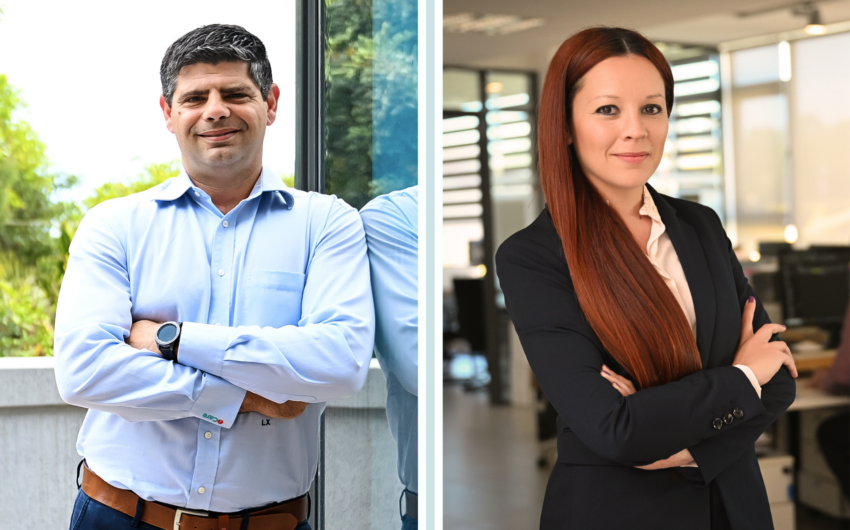
In an increasingly globalised world, organisations are recognising the importance of fostering diversity and inclusion within their employees. CareMalta has taken significant strides in embracing individuals from diverse backgrounds and ensuring their integration into the company’s structure.
CareMalta embarked on its path toward diversity by actively recruiting individuals from outside the EU in 2012. As the company’s workforce expanded rapidly, the need to attract a diverse range of nationalities became imperative.
Lee Xuereb, who assumed the role of HR Manager in 2015, witnessed this transformation firsthand.
“Before then, we did employ some people from other countries, but they were few and far between,” he explains. “With the influx of foreign nationals, a cultural change ensued, requiring education on language, traditions, and even local cuisine. It was a bit of a culture change – even somewhat of a shock – as, for example, staff members were not used to being mindful that they shouldn’t speak Maltese when in the company of a group of non-Maltese.”
Through patience, understanding, and a positive outlook, CareMalta has successfully integrated individuals from various backgrounds, enriching the company’s labour force in the process.
As the newly appointed Group HR Manager, Elisa Camilleri recognises the importance of continuing to enhance diversity and inclusion at CareMalta.
“With the organisation’s ongoing growth, recruitment efforts remain diversified, so we are constantly seeking individuals from different countries and cultures. We are happy to do so, as long as everyone shares the same passion and values we have at CareMalta,” she says.
Elisa emphasises the need for continuous awareness-building and training initiatives, as well as events that promote inclusivity. Moreover, she advocates for increased awareness and support for LGBTQ+ rights, emphasising the importance of providing a safe environment for everyone. Transitioning into a new position always comes with its own set of challenges. Elisa anticipates addressing issues such as staff room segregation, where employees tend to group themselves based on nationality.
“Additionally, although they are rare, any instances of racial ignorance or offensive comments, especially from elderly residents unaccustomed to diversity, require careful management,” she says.
To combat these challenges, Elisa stresses the significance of awareness and active intervention. The responsibility of fostering a culture of diversity and inclusion does not rest solely on the organisation; employees play a vital role in this process.
According to Lee, inclusiveness begins with the little things, such as adopting English as the ‘official’ language at work to ensure everyone can understand and participate fully.
“Switching to English when speaking in mixed groups, and fostering inclusiveness during staff meetings can help create a more cohesive and united work environment,” he states. He emphasises that CareMalta is committed to providing individuals from different backgrounds with equal opportunities for career development and advancement within the organisation.
Moreover, CareMalta acknowledges the varying financial capacities of its employees and ensures that social activities and events are accessible to all. One of the initiatives in place is the annual Diversity Day event. Although it has been temporarily paused because of the Covid-19 pandemic, plans are under way to reintroduce this event by the end of the year.
“Diversity Day provides a platform for employees of various nationalities to showcase their cultural heritage through food, dance, crafts, and other activities,” Lee explains.
Furthermore, individual facilities within CareMalta also organise smaller-scale versions of the event for the residents, fostering a sense of inclusivity and celebrating diversity at every level.
